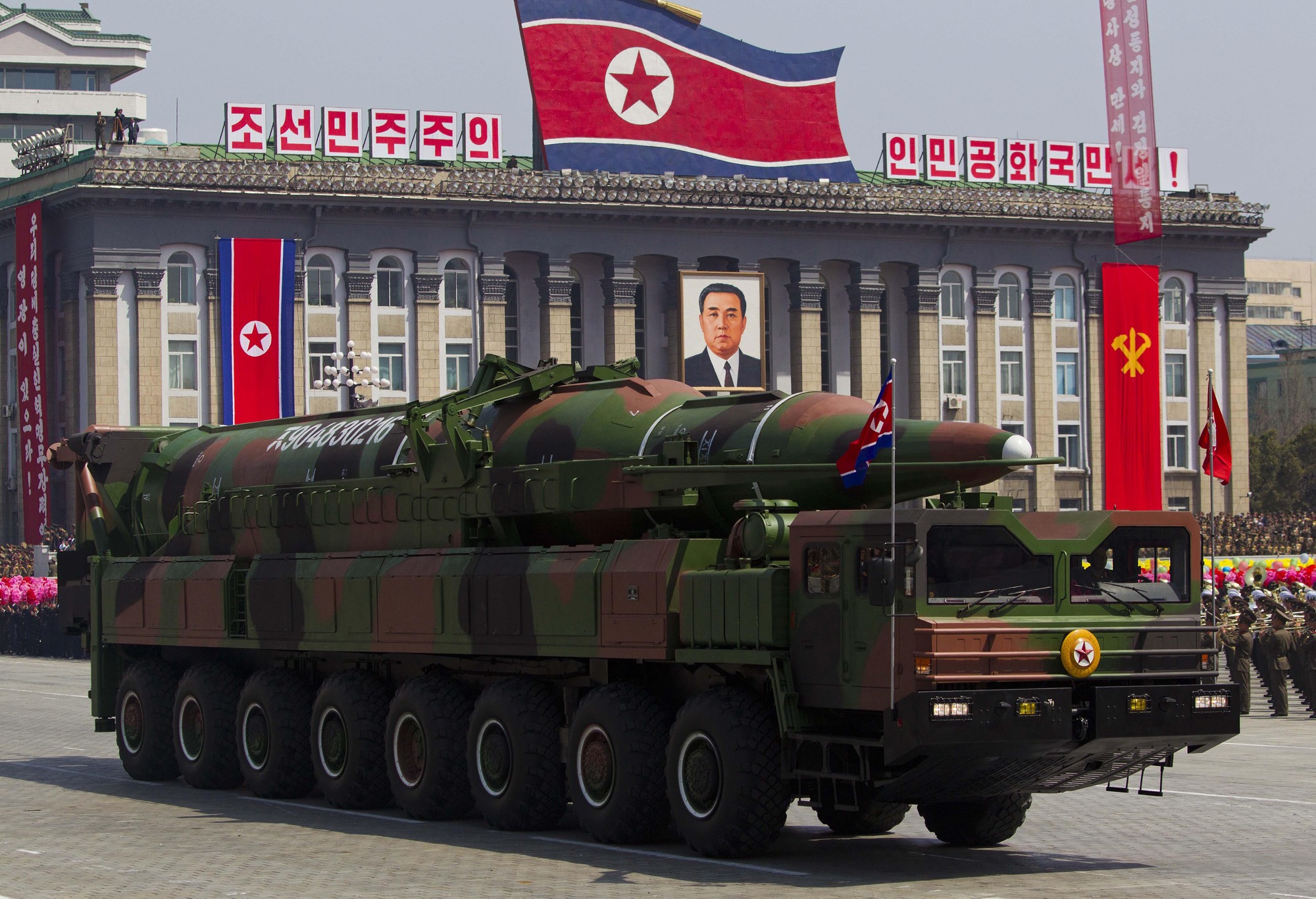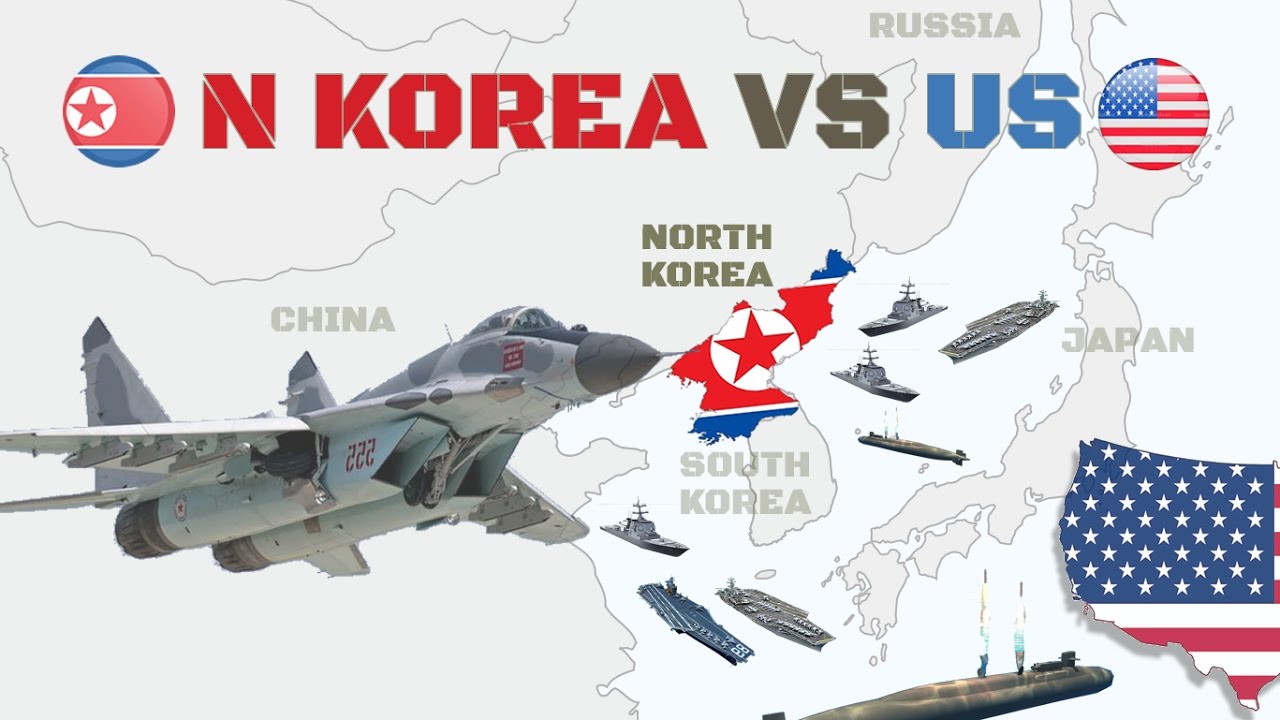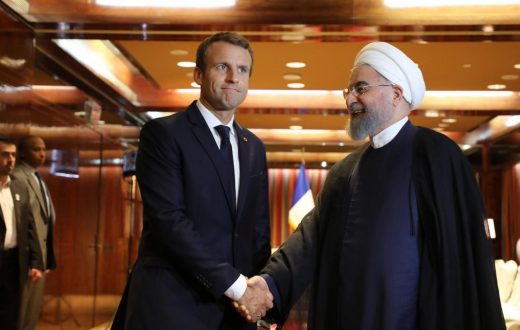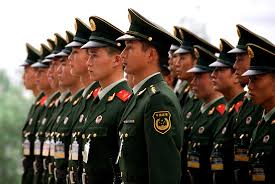North Korea successfully tested a miniaturized hydrogen nuclear device, Jan. 6, according to state media. If true, this is the first such device fielded by Pyongyang. South Korea initially picked-up seismic activity centered near North Korea’s suspected nuclear test site. Initial estimates gave readings measuring between 4.2 and 5.1 magnitude, raising the suspicion that the tremor was caused by a nuclear test, as opposed to a natural earthquake. A nuclear bomb test in the same area in 2013 triggered a 5.1-magnitude quake. North Korean media soon followed up with an official announcement, confirming the successful test. South Korean media recently reported an uptick in activity near the test site, leading to speculation that Pyongyang was planning a test ahead of the upcoming conference of the Workers’ Party in May. Speculation was further stoked by recent remarks from North Korean leader Kim Jong Un suggesting the North Koreans had developed the capability to test a hydrogen bomb. The nuclear test comes on the heels of U.S. reports that the North may have successfully trialed a submarine-launched ballistic missile in late December, a month after earlier endeavors allegedly failed.
This is the fourth such test by North Korea since 2006. Since the first test, Pyongyang has made it clear that it is no longer willing to treat its nuclear program as a bargaining chip for talks with the United States. Rather, it intends to develop a viable nuclear deterrent as part of its national security strategy. This has significantly complicated any possible rapprochement with the United States, as Washington has made it clear it will not engage with the North until it suspends or even reverses its nuclear and missile programs. From Pyongyang’s perspective, however, a viable nuclear program is its only guarantee of avoiding any future attempt by the United States to try to trigger a “color revolution” in North Korea, or even carry out military action against Pyongyang.
A new test by the North raises tension on and around the Korean Peninsula at a time when Washington is heavily focused on the Middle East. Ongoing operations in Syria have brought the United States up against Russian interests. The diplomatic rupture between Saudi Arabia and Iran resulting from the execution of Shiite cleric Sheikh Nimr al-Nimr on Jan. 2 has added an additional layer of complication. Meanwhile, in East Asia, China will probably verbally denounce the North Korean test, though Beijing is unlikely to take any significant physical steps to punish or restrain Pyongyang. Tokyo and Seoul will both condemn the North’s actions, and the test could evenaccelerate Japan’s domestic defense reforms, something Beijing will certainly not appreciate.
Overall, however, there are few options for the international community when it comes to responding to a North Korean test. Pyongyang is already heavily sanctioned, and each attempt by the North to ease out of restrictions has proven futile. Military actions are significantly constrained, and diplomatic contact has already been largely curtailed. From the North’s point of view, any step that strengthens its long-term position is worth the minor disruptions to its relations with outside powers. And with Kim Jong Un about to fully assert his position at the top of the North Korean hierarchy following several years of political maneuvering, purges and reshuffles, he may also be following in his father’s footsteps in making a clear demonstration of the North’s technical capabilities despite sanctions. This could be an overt display of North Korea’s potential military strength, just before Kim finalizes his rise to the top.







